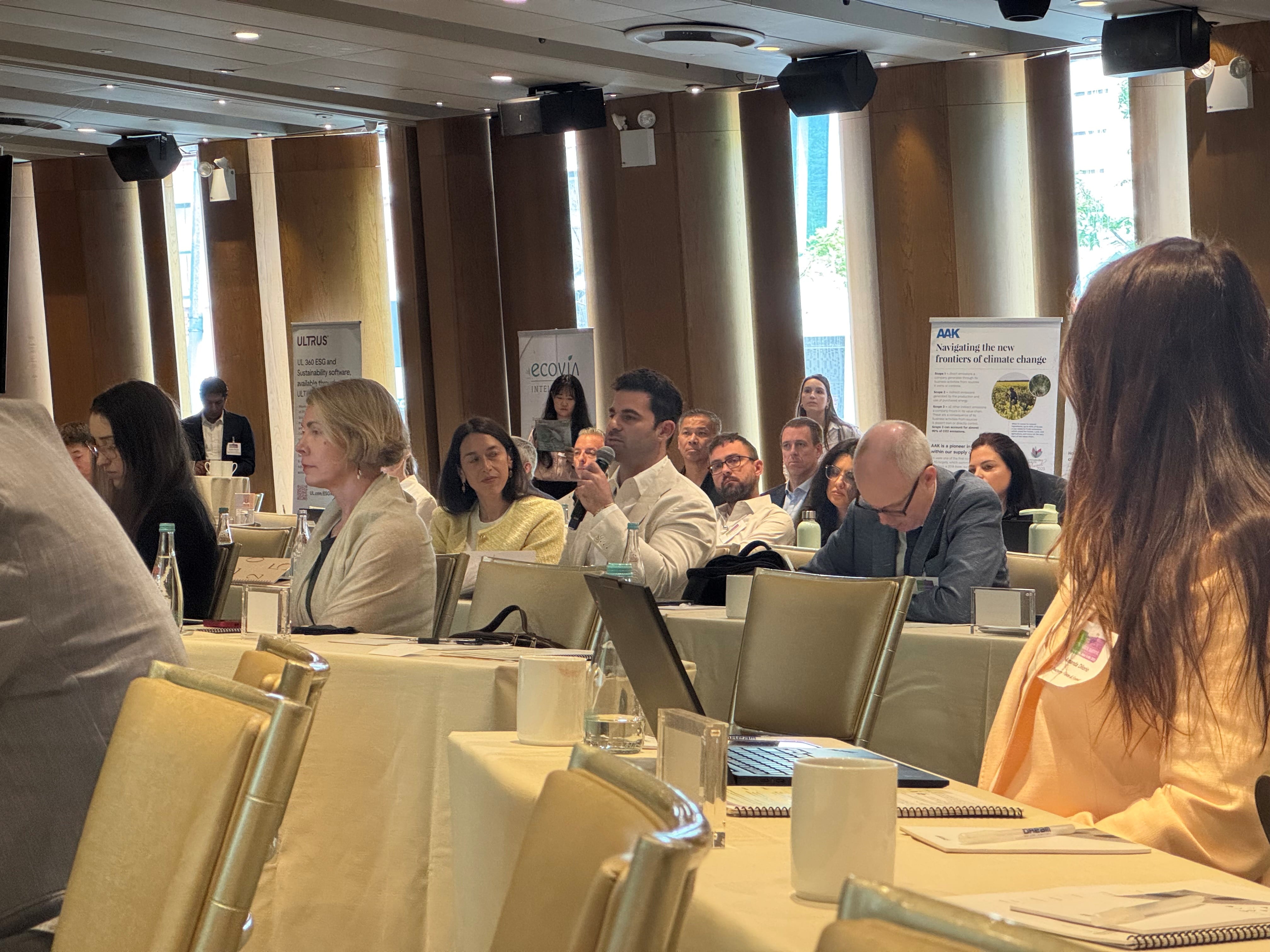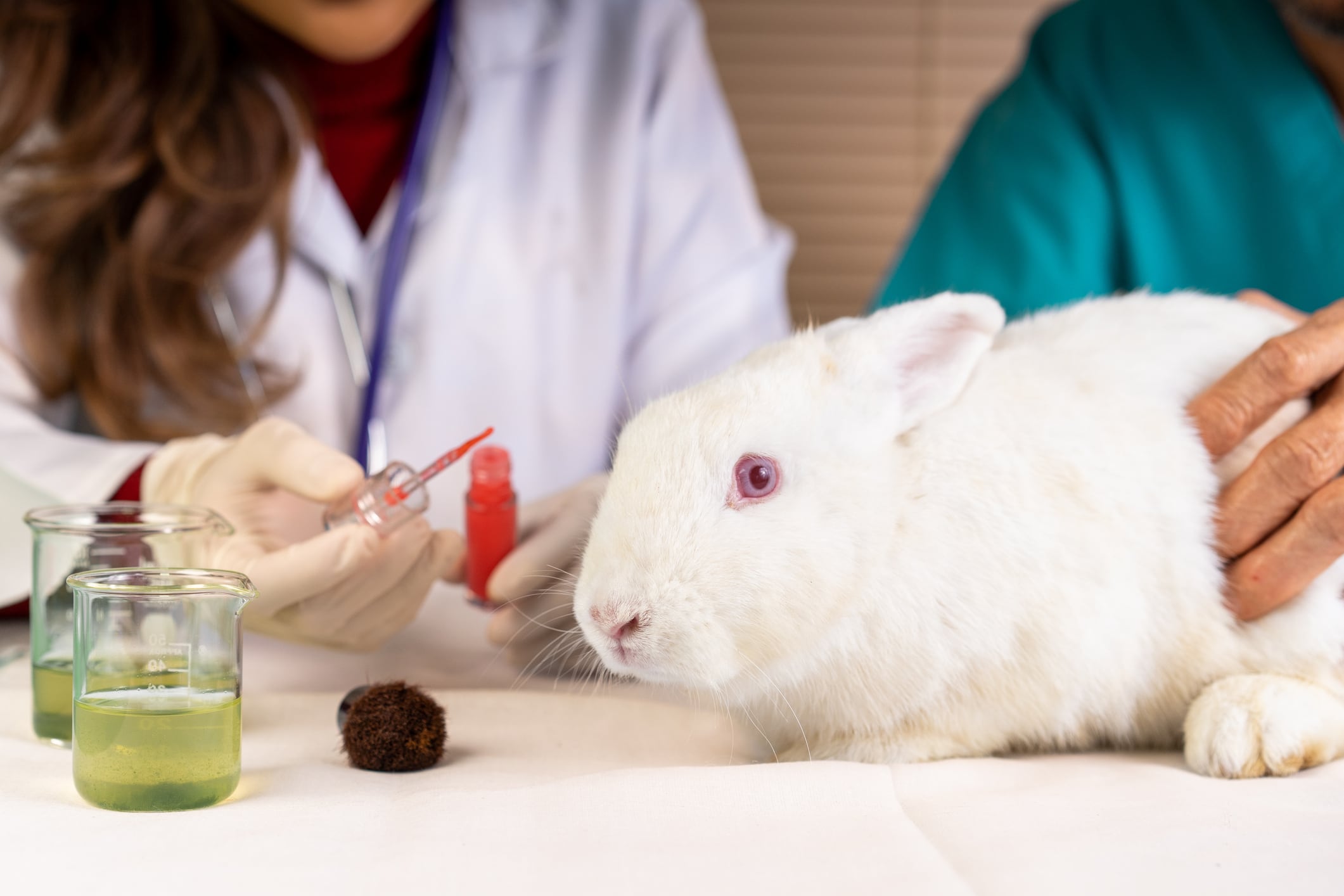The 2025 North American edition of the Sustainable Cosmetics Summit brought together leaders across the beauty industry to confront the complex realities of driving sustainability in a rapidly evolving market.
From circular packaging models to the future of palm oil sourcing and the growing role of artificial intelligence (AI), the event explored multiple aspects of the clean beauty movement and what it means to be a sustainable stakeholder in the current cosmetics and personal care product space.
Here are CosmeticsDesign US’s top three major themes with lasting implications for manufacturers and suppliers.
AI is driving smarter, cleaner beauty operations
AI is rapidly moving from operational support to a strategic sustainability enabler in the beauty industry. As explained by Sourabh Sharma, head of marketing and creative director at Fig Or Out, “AI is no longer just a tool for efficiency, but rather, it’s becoming a catalyst for sustainable transformation in beauty.”
From optimizing demand planning to cutting waste and enhancing personalization, AI is helping brands align with digital-native consumers. “Gen Z and Gen Alpha are digital natives with sustainability as a core value—they want brands that get them and get the planet,” Sharma said.
AI helps reduce overproduction and packaging waste by tailoring product offerings to consumer needs. “Every product that isn’t overproduced means less packaging waste,” he added.
But he emphasized that responsible implementation matters: “AI is only as powerful as the inputs we give it… When used well, AI doesn’t replace human creativity, rather it enhances a brand’s ability to deliver purpose at scale.”
Circular packaging models are a business imperative
In a panel titled “The Transition to Circularity,” industry experts from Colgate-Palmolive, Unilever, Ritual and Canopy Planet highlighted the mounting pressure, and opportunity, for brands to adopt more circular business models.
During the discussion, panelist Eric Ostern, global head of sustainability - beauty and wellbeing at Unilever, emphasized the limitations of current waste management systems.
“You can’t recycle your way out of this issue,” he said. “We need to look at new business models and new formats.”
While many consumers still gravitate toward convenience and low cost, refillables are gaining traction as a realistic solution, a solution that Ostern predicts will be a “core component of success.”
However, widespread adoption still faces hurdles. “It’s not easy to get consumers to adopt new formats,” he added. The panel agreed that harmonized Extended Producer Responsibility (EPR) regulations, clear definitions, and cross-industry alignment are crucial to reducing packaging waste and establishing cost-effective systems.
“It’s a business imperative... there is a very clear and compelling business case as to why businesses need to do this,” Ostern concluded.
Palm oil sustainability hinges on smallholder inclusion and traceability
The EU Deforestation Regulation and other traceability initiatives are putting new pressure on global palm oil supply chains. As noted by Lana Fadel, EU Sustainability Manager at SD Guthrie during a presentation, over 40% of global palm oil is grown by smallholders, many of whom face significant challenges such as lack of formal land titles, digital tools, internet connectivity, or even awareness that these new rules exist.
She cautioned that without meaningful support, these farmers could be “shut out of the EU market, even if their practices are environmentally sound.” She emphasized the importance of national certification systems, such as the Malaysian and Indonesian Sustainable Palm Oil schemes, as well as digital tools like sustainability scorecards from NGOs like WWF.
Verified sourcing remains essential. “Verified sustainable sourcing across vertically integrated supply chains drives brand value, empowers farmers, ensures regulatory compliance and enables data-backed low-carbon palm oil traceable to the plantation level,” said Fadel.
Her message was clear: “Palm is not going away, so let’s move forward together by making sure we reduce our impact on people and the planet.”
From embedding circularity into packaging to ensuring ethical ingredient sourcing and utilizing AI to drive low-impact innovation, the industry is moving toward an integrated approach where compliance, performance, and purpose are no longer separate goals but are integral to the same value equation.
The 2025 Sustainable Cosmetics Summit - European edition is scheduled to take place in Paris on October 22-23. More information can be found here.





